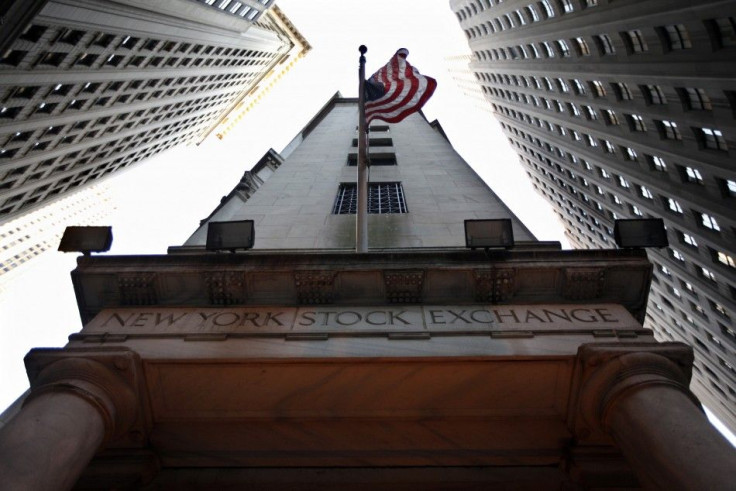May Day Bull Run: Daily Markets Wrap

A better-than-expected U.S. manufacturing report for April boosted stocks, moved investors away from bonds and gave a bump to the dollar and crude oil. The May Day holiday saw light global trading as markets closed in Russia, China, India and most of Western Europe.
British and Chinese manufacturing reports showed weaker-than-expected growth. Concerns over a slowdown in the U.S.'s economic recovery, a steep slowdown in China, and Europe's sovereign debt problem hampered market growth in April, but the manufacturing report caused a rally in U.S. markets.
Meanwhile, Australia's central bank made a larger-than-anticipated cut to its benchmark interest rate -- doubling economists' predictions of 25 basis points -- as home prices there have declined for five straight quarters. The announcement sent the Australian bourse to a nine-month high.
The Japanese market saw poor earnings reports, especially from Sharp Corp., whose shares were pummeled after the company said losses would be more than expected, largely due to a decline in demand for televisions.
Stocks. The Dow Jones Industrial Average rose 65.92 to 13,279.40, a 53-month high, as investors welcomed the news that U.S. manufacturing was better than anticipated, despite concerns that the economic recovery is slowing. The S&P 500 index jumped 7.91 to close at 1,405.82. The Nasdaq Composite Index climbed 4.08 to 3,050.44. UK stocks gained on the U.S. manufacturing data and forecast-beating earnings from Lloyds Banking Group (NYSE: LYG), shrugging off lackluster performance in the UK manufacturing sector in April.
Bonds. Treasuries declined and pushed 10-year yields up from their lowest level in two months. Investors appeared worried about pushing yields lower despite Australia's rate cut and Britain's weak manufacturing data. Rates on Australia's government bonds plunged to all-time lows.
Currencies. The dollar rose against the euro, and the Australian dollar declined. Meanwhile, Tokyo is trying to reel in a strengthening yen that hurts exports and raises housing costs. Takehiko Nakao, the country's vice minister for finance, has blamed the yen's two-month high against the dollar on speculation, suggesting actions to remediate the issue.
Commodities. Crude oil futures climbed on the expectation that industrial growth would increase demand, offsetting concerns about a slowing Chinese economy, a stronger dollar and the European debt crisis. Copper edged up on optimism that growth in the U.S. and China would offset declines caused by Europe. Conversely, gold ended its five-day upswing as investors saw a diminished chance of monetary easing in the U.S. in light of the day's manufacturing report.
© Copyright IBTimes 2024. All rights reserved.












